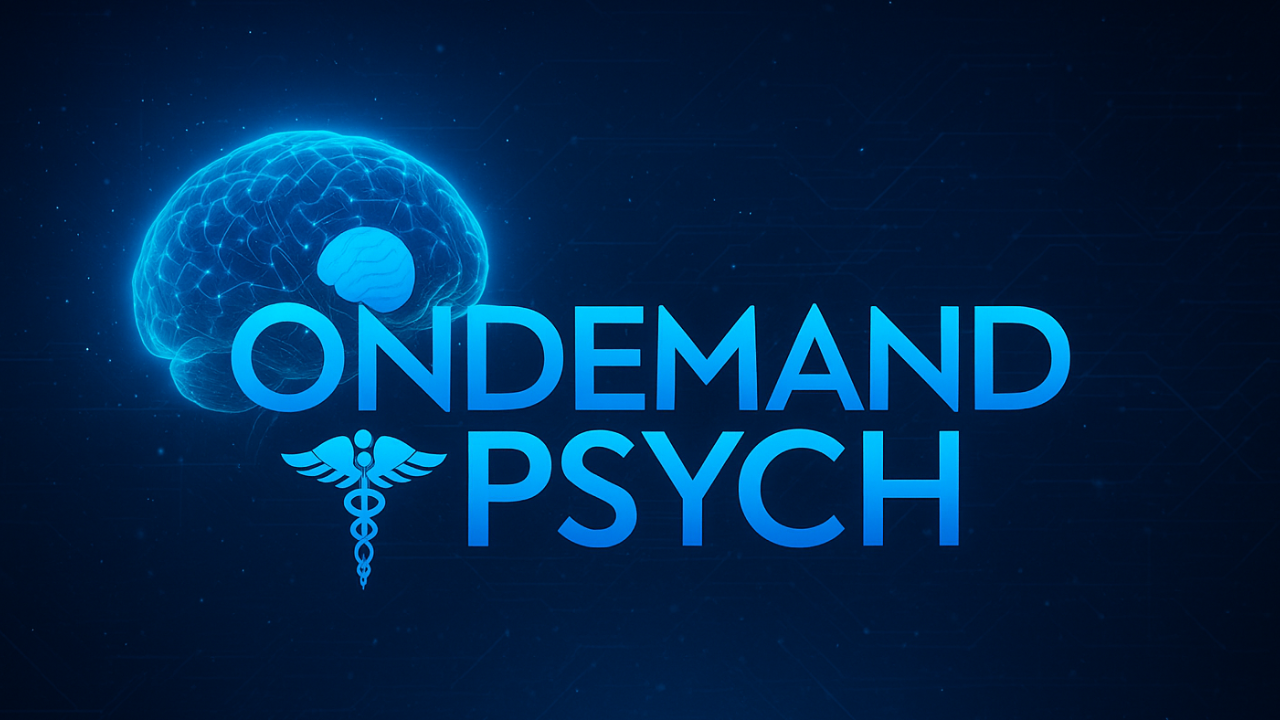Artificial Intelligence (AI) is rapidly transforming the landscape of modern healthcare, offering innovative solutions that are reshaping how care is delivered, managed, and experienced. Among the key healthcare providers at the forefront of this transformation are nurse practition...
Blogs
How Co-Pilot Psychiatric Decision Support Can Transform Inpatient Psychiatry
Jan 01, 2026
Continue Reading...
Inpatient psychiatry has always been an intense, high-pressure environment where clinicians must make crucial decisions quickly, often with limited information. Patients admitted to psychiatric units tend to present with high acuity symptoms—such as psychosis, mania, suicidal ideation, aggression, o...
How Co-Pilot Psychiatric Decision Support Is Changing Everyday Clinical Practice
Dec 26, 2025
Continue Reading...
Artificial intelligence is transforming the healthcare system rapidly, and one of the areas experiencing the most meaningful change is modern psychiatry. Today, mental health professionals face overwhelming caseloads, complex diagnostic presentations, and the increasing demand for faster, more preci...
Why Every Psychiatrist Needs the On-Demand Psych SuperApp in 2026
Dec 04, 2025
Continue Reading...
In 2025, the field of psychiatry stands at a pivotal inflection point. Psychiatrists and psychiatric mental health nurse practitioners (PMHNPs) are facing unprecedented challenges: surging patient demand, increasingly complex comorbidities, rapidly evolving psychopharmacology, and intensifying admin...
Novel Psychopharmacology: The New Era of Psychiatric Medications
Nov 11, 2025
Continue Reading...
For more than half a century, psychiatry relied on medications that, while effective for many, were based on similar biological mechanisms discovered in the mid-20th century. Antidepressants targeting serotonin and dopamine reuptake, antipsychotics modulating dopamine receptors, and mood stabilizers...
AI Bias and Patient Safety: The Nurse Practitioner’s Role in Oversight
Nov 03, 2025
Continue Reading...
Artificial intelligence (AI) has become one of the most influential technologies shaping the future of healthcare. From predicting patient deterioration to automating administrative tasks, AI has transformed how clinicians, including nurse practitioners (NPs), deliver care. AI promises efficiency, p...
Medication Adherence in Psychiatry: Why Patients Stop Taking Their Meds
Oct 25, 2025
Continue Reading...
Medication adherence the consistent and correct use of prescribed medication is one of the most persistent challenges in psychiatric care. Even with decades of research, innovation in psychopharmacology, and improved access to care, nearly 50% of individuals with psychiatric conditions fail to take ...
Cultural Competence in Psychiatric Nursing: Strategies for Caring for Diverse Populations
Oct 21, 2025
Continue Reading...
Cultural competence in psychiatric nursing represents one of the most vital pillars of effective, ethical, and patient-centered care. In today’s increasingly multicultural world, psychiatric nurse practitioners (PMHNPs) encounter patients from diverse cultural, linguistic, and spiritual backgrounds—...
Psychiatric Side Effect Management: What Every Nurse Practitioner Must Master
Oct 10, 2025
Continue Reading...
Psychiatric medications can profoundly improve lives, yet they often bring a spectrum of side effects that challenge both patients and clinicians. For psychiatric nurse practitioners (PMHNPs), managing these side effects is not merely a task—it’s an ethical and professional duty that directly influe...
Youth Mental Health: Addressing the Growing Concerns
Oct 08, 2025
Continue Reading...
Youth mental health has become one of the most pressing public health challenges of the 21st century. As academic pressure, social media influence, family expectations, and global uncertainties rise, young people are struggling more than ever with anxiety, depression, and other emotional difficultie...
Understanding the Benefits of Therapy: More Than Just Talking
Oct 07, 2025
Continue Reading...
Therapy is often perceived as sitting across from someone and simply talking about your problems. While communication is indeed at its heart, therapy is far more than casual conversation—it is an intentional, evidence-based process aimed at helping individuals achieve emotional clarity, behavioral c...

Explore
Stay Connected, Stay Inspired!
Sign up for our newsletter to get the latest course updates, success stories, and exclusive offers straight to your inbox.













